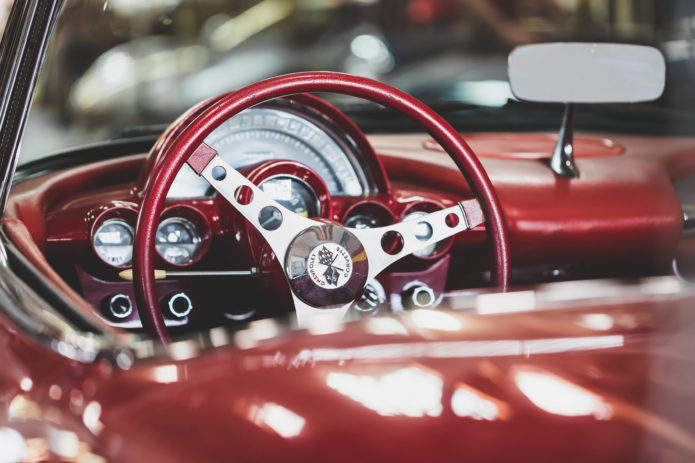Classic cars are more than just vehicles—they’re pieces of history, rolling works of art, and, for many, cherished investments. Whether you’re restoring a 1965 Mustang or inheriting a vintage Porsche, understanding its actual worth is essential for making informed decisions. That’s where a reliable classic car value estimator becomes your most valuable tool.
In this guide, we’ll explore how classic car valuation works, why accuracy matters, and what features to look for in a trustworthy estimator—whether you’re buying, selling, insuring, or simply satisfying your curiosity.
Why Classic Cars Require Specialized Valuation
Valuing a classic car isn’t like checking the price of a used sedan. Unlike modern vehicles, which depreciate predictably, classic cars often gain value over time—but only under certain conditions. Factors influencing their market value include:
- Rarity and production numbers
- Condition and level of originality
- Documentation and service history
- Historical significance or celebrity ownership
- Market trends and collector demand
A standard pricing guide won’t account for a frame-off restoration, matching numbers engine, or rare factory options. That’s why specialized tools are essential.
What Is a Classic Car Value Estimator?
A classic car value estimator is a digital tool or service that calculates the estimated market value of a vintage vehicle based on various data points. These may include:
- Make, model, and year
- VIN (Vehicle Identification Number)
- Vehicle condition (concours, excellent, good, fair)
- Restoration status
- Auction results and recent sales
- Optional features or modifications
The best estimators blend historical data with real-time market insights, providing a range or suggested value that reflects current buyer behavior.
When Should You Use a Value Estimator?
There are several situations where estimating the value of your classic car is not just helpful—it’s essential:
- Before Selling or Trading: Set a realistic asking price and defend it with data.
- Before Buying: Avoid overpaying or falling for overpriced listings.
For Insurance Purposes: Ensure accurate agreed value coverage to avoid underinsurance. - During Restoration: Track whether your project makes financial sense.
- For Legal or Financial Use: Estate planning, tax filings, or asset declarations require formal valuations.
Even if you’re not currently transacting, knowing your car’s worth adds to the pride of ownership and helps with long-term planning.
How to Choose a Reliable Estimator Tool
With so many options online, how do you choose the right classic car value estimator? Here’s what to look for:
- Trusted Data Sources: Tools that pull from historical auctions, dealer sales, and collector marketplaces tend to be more accurate.
- Condition-Based Valuation: The estimator should offer value ranges based on different condition levels.
- Customization Options: Look for tools that allow you to enter modifications, factory options, or mileage.
- Clear Methodology: The tool should explain how it arrives at its valuations.
- Reputation and Reviews: Platforms used by appraisers, collectors, and classic car clubs are often more reliable.
Avoid estimators that give a single number with no explanation or don’t account for condition and configuration.
Beyond Estimation: When to Get a Formal Appraisal
While value estimators are great for quick insights, there are times when you’ll need an official appraisal. For example:
- Insurance companies may require a certified appraisal for agreed value policies.
- Courts or tax authorities need legally compliant documentation.
- Buyers or sellers of high-value vehicles may want formal proof during negotiation.
Think of a value estimator as your first step—an entry point into understanding your car’s market standing. For major decisions, pair it with expert insight.
Benefits of Knowing Your Classic Car’s Value
Owning a classic car is about passion, but it’s also about protection. Accurate valuation helps you:
- Avoid being lowballed during sales or trades
- Negotiate better insurance terms
- Track your investment’s performance
- Make smarter decisions about restoration and storage
- Stay connected with the collector community through current market awareness
Knowledge is power—and in the classic car world, it’s also profit.
Final Thoughts
Classic cars live at the intersection of nostalgia and value. Whether you see yours as a weekend joyride or a future auction headliner, having the right tools to gauge its worth is essential. A classic car value estimator arms you with data-driven insights, helping you protect your investment and appreciate your vehicle on a whole new level.
Next time someone asks what your car is worth, you won’t just guess—you’ll know.


